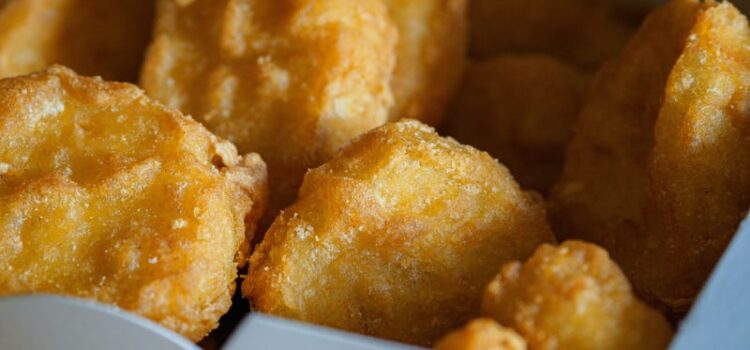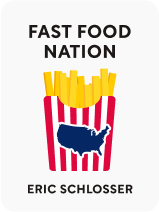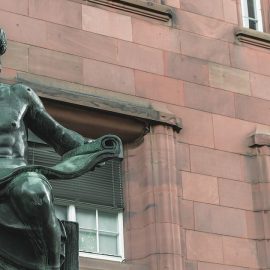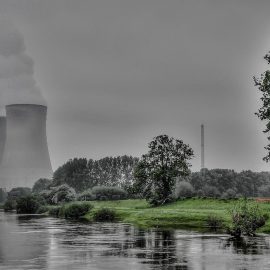

This article is an excerpt from the Shortform book guide to "Fast Food Nation" by Eric Schlosser. Shortform has the world's best summaries and analyses of books you should be reading.
Like this article? Sign up for a free trial here .
What is mass farming in the poultry industry? How does the mass manufacture of the McNugget lead to mass farming?
Mass farming is one side-effect of the mass production of the McNugget. Because fast food is produced in giant quantities and is the same everywhere, farming changed, too.
Read more about mass farming and how McDonald’s affects the poultry industry.
Mass Farming and the Poultry Industry
A similar dynamic has played out in the poultry industry. The invention of the McDonald’s Chicken McNugget in the early 1980’s reshaped how American chickens were raised and sold. It transformed a bulk agricultural commodity into a branded, manufactured, and value-added product. As such, fast food companies began to take a much greater interest in how poultry farmers raised their birds, seeking ever-greater product uniformity.
The idea behind the McNugget was simple: a boneless chicken finger-food no larger than the size of a human thumb. The early tests of the product were so successful that McDonald’s partnered with leading chicken processor Tyson Foods to ensure an adequate supply. The Arkansas-based Tyson Foods even developed a new breed of chicken exclusively to be made into McNuggets.
The success of the McNugget made McDonald’s America’s second-largest purchaser of chicken (KFC, perhaps unsurprisingly, was #1). Their massive buying power (and that of the few major chicken processors from whom McDonald’s buys, like Tyson) wrought major changes for the nation’s chicken farmers. As with beef, consolidation and concentration became the hallmarks of the industry.
Today, most chicken growers aren’t independent at all—they’re essentially contracted employers of the big chicken processors, on whose behalf they raise the birds. Companies like Tyson own the chickens themselves and closely supervise every aspect of how they’re raised, including veterinary schedules, feeding schedules, and equipment. The growers exercise almost no independent discretion at all. What the chicken grower does provide is the labor and the major capital expenses like land, fuel, and chicken coops. They often must go deep into debt in order to make the necessary capital investment to become a Tyson contractor.
All of this is deeply distressing for American ranchers and poultry growers. These were once seen as the central icons of the American West, the epitome of American ruggedness and independence. For them to be reduced to the status of hired hands for the big agribusiness firms represents more than a reduction of their livelihood—it is a loss of a way of life and a destruction of one of the most powerful symbols of the American historical experience.

———End of Preview———
Like what you just read? Read the rest of the world's best book summary and analysis of Eric Schlosser's "Fast Food Nation" at Shortform .
Here's what you'll find in our full Fast Food Nation summary :
- How the fast food industry reshaped the American economy
- How fast food marketing is manipulating you
- Why the rise of fast food has destroyed family farms across America






